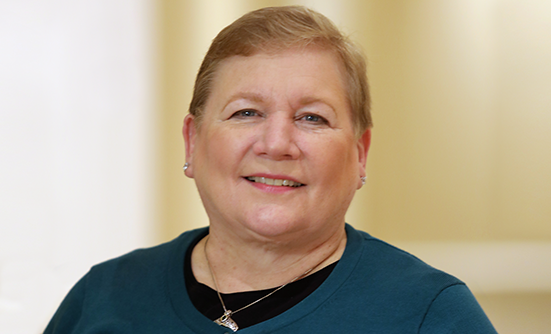It is common that when people are diagnosed with cancer, the rest of their life goes on pause. That may very well have happened to you. However, it is important not to allow cancer to derail your life while going through treatment, or even after your treatment is completed.
Here are some recommendations to help prevent that derailment from happening to you.
Milestone Events
Make your cancer specialists aware of specific life milestone events that are coming up during the time that you will be undergoing treatment. Request that they work around these events rather than you are going to miss them all together, or equally worse, you’re feeling rotten while attending them.
For example, a newly diagnosed patient with breast cancer was told by her breast surgeon that he was scheduling her for the mastectomy with reconstruction to take place 2 weeks from now. She said okay, believing that it needs to happen fast, or else the cancer would spread.
What she didn’t tell him was that her daughter was getting married in 3 weeks. That would mean that the mother of the bride would be feeling exhausted, likely in pain, and would have Jackson-Pratt drains underneath her clothing, that might even show. Her navigator learned of this, contacted the surgeon, and the surgery date was moved to 3 days after the wedding.
The surgery date was arbitrarily chosen by the operating room scheduler, who saw there was time available in the operating room in 2 weeks. The date had nothing to do with urgency to get the cancer out. It was fine to wait up to 6 weeks from the date of her biopsy. So the patient enjoyed her daughter’s wedding, drain free and pain free.
Long-Term Goals
Make your cancer specialists aware of your long-term life goals, too, so that you can remain on track to achieve those goals and enjoy them.
Here is an example. A young woman diagnosed with cancer who was working as a bank teller in town told her navigator that she was hoping to have a family in the future. She was also studying to become a concert pianist.
The navigator was able to get her to have fertility preservation, knowing that the chemotherapy the woman would be receiving may prevent her from ovulating in the future, thereby making it difficult for her to get pregnant. The navigator also knew that one of the chemotherapy drugs the medical oncologist was planning to give this patient caused peripheral neuropathy, meaning numbness, pain, and tingling of the fingers and toes. This side effect could derail her career goal of becoming a concert pianist.
So the navigator informed the treatment team about this, and they selected a different chemotherapy regimen, a regimen that was just as effective for her and without the risk of this significant side effect that can become permanent for some patients.
Speak Up
Always remember that your treatment team is focused on, well, treatment. You need to speak up, or have your navigator speak up on your behalf, to make your milestone events during treatment, as well as any long-term goals after treatment, remain preserved. Don’t give these crucial things up to cancer. Cancer doesn’t deserve it.











